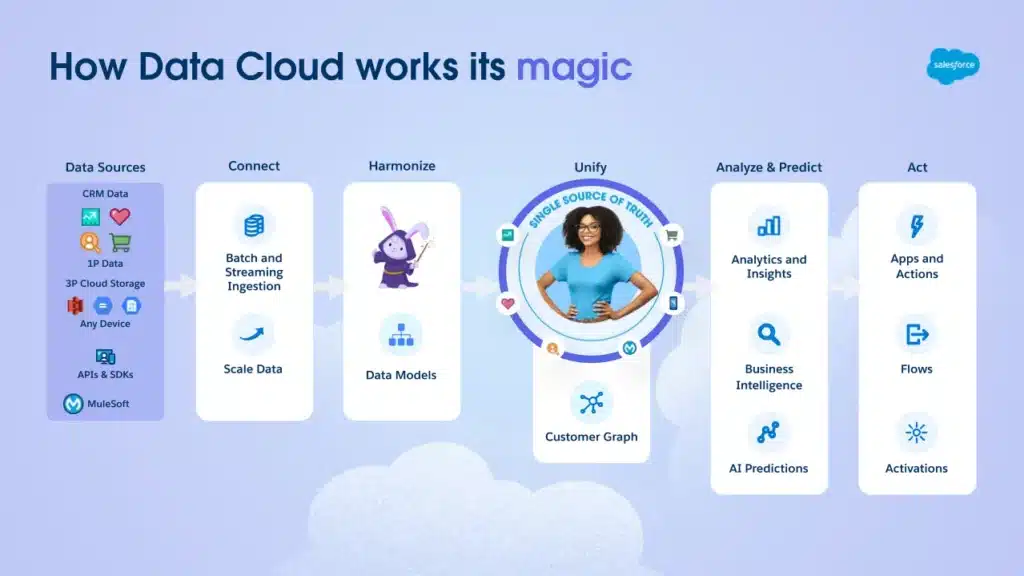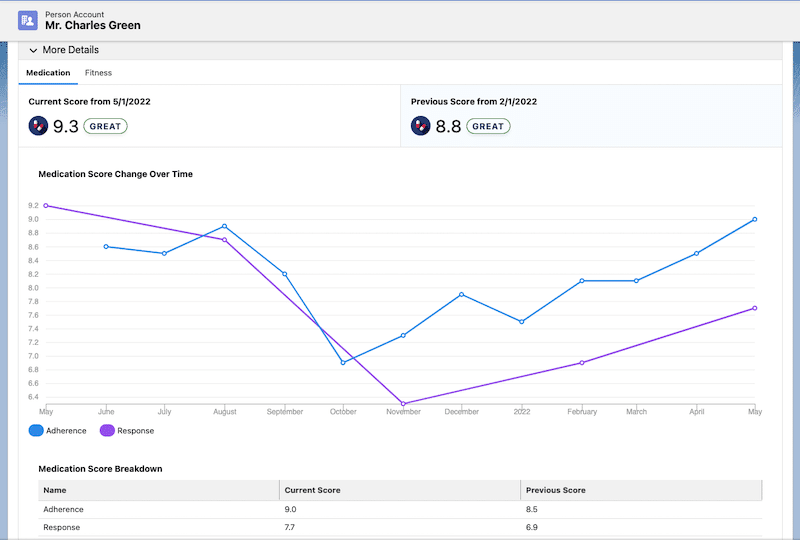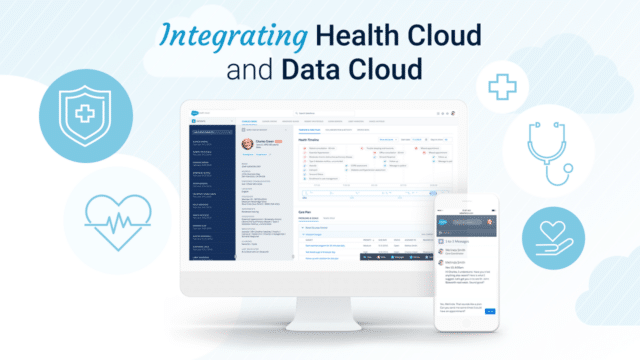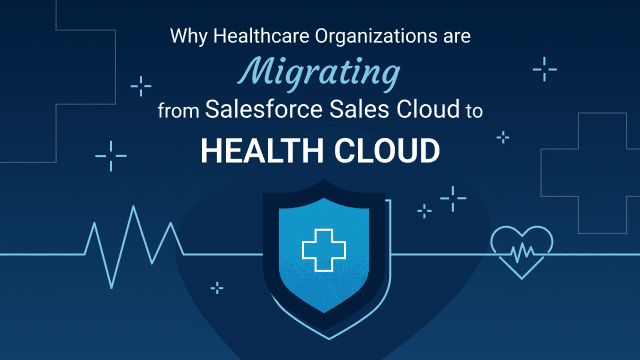Medical Record Management Challenges
Medical record management poses several key challenges for healthcare providers. Most notably, ensuring the integrity and availability of patient health information, while remaining compliant with regulations such as HIPAA (Health Insurance Portability and Accountability Act). Healthcare providers must implement robust security measures to protect sensitive patient data from breaches and unauthorized access.
This record management challenge is compounded by data. The healthcare industry generates 30% of the world’s data (source: RBC Capital Markets). Medical records contain vast amounts of data, including patient histories, test results, imaging studies, and treatment plans. Managing and storing this volume of data efficiently requires scalable infrastructure and effective data management strategies.
Addressing these challenges not only requires a record management system that adheres to regulatory compliance measures, but also a data management platform that can ingest, store and process patient record data at scale, in order to optimize medical record management and enhance patient care delivery.
Health Cloud
Developed in partnership with health and medical device companies, Salesforce Health Cloud is a health IT CRM system that incorporates healthcare provider-to-patient relationship and record management services for patient data. Further, it provides an all-encompassing view of each patient by consolidating critical pieces of patient information such as medical records, medications, treatment details and care plans into a single consolidated profile. The result? A 360-degree view of the patient that enables providers to make better and more informed clinical decisions based on the needs of the individual while, at the same time, delivering enhanced personalized care. With features such as care coordination, patient engagement tools, and integration with electronic health records (EHRs), Health Cloud enables a collaboration platform for all healthcare professionals, enhancing patient outcomes and driving operational efficiency across the continuum of care.
Data Cloud
Data Cloud is a purpose-built platform that enables organizations to connect all their customer data, at scale. Whether that data resides in a mobile app, data lake, data warehouse, Salesforce platform, or is collected from user interactions on your website, Data Cloud provides the ability to ingest data from multiple sources, either as a batch process or in real-time, then harmonizes the data into a structured, canonical data model and applies reconciliation rules to unify individual records to single profile that adapts to a customers’ activity and behavior. Then you can analyze, segment and activate this data, automating customer experiences across the complete suite of Salesforce Customer 360 products.

Data Cloud and Health Cloud
Data Cloud enables seamless integration of patient records and health scores into Health Cloud by offering two key features: CRM Unified Health Scoring Data Kit and Unified Health Scoring.
Unified Health Scoring Data Kit
The Unified Health Scoring Data Kit enables Data Cloud users to quickly integrate both platforms by mapping Health Cloud object fields to Data Model Objects in Data Cloud. A total of 79 Health Cloud objects are mapped to custom Data Model Objects, which span the following Health Cloud data models:
- Care Program Management to represent the entire picture of a program—from products and providers to enrollment eligibility of the enrollee.
- Integrated Care Management to store clinical data related to a patient or member’s care plans
- Intelligent Sales that enables sales teams to plan and execute sales visits and manage field inventory
- Medication Management to enable providers, care coordinators, and clinicians to perform a medication reconciliation and medication therapy review of their patients’ medication regimen.
- Provider Network Contract Management allows health insurance companies to bring providers into their network and helps members or patients find care that fits their needs
- Provider Relationship Management represents the practitioners, facilities, physician relationships, specialties, and organizational hierarchy for your network of providers.
- Utilization Management (UM) which is a health insurance plan’s process of interfacing with plan members and contracted medical providers to interpret, administer, and explain the medical policies of the health plan
Unified Health Scoring
A fundamental challenge in healthcare lies in discerning suitable interventions and forecasting patient health outcomes, which are often reliant on clinical factors for determination. However, there are many non-clinical attributes which also affect interventions and outcomes including social, environmental and financial factors, also known as ‘social determinants of health’.
The Unified Health Score is a single value that accommodates both clinical and non-clinical data and in turn presents a holistic score of the overall health of a patient. This holistic score enables healthcare providers to identify and intervene based on patients’ score levels, while also segmenting by condition.

While Unified Health Scoring displays score information, it does not calculate health scores. Calculated Insights in Data Cloud can be used to define and calculate multidimensional metrics from patient health record data using a measure (the derived score value) and dimension (a qualitative value from the patient record), which can then be displayed in Unified Health Scoring by mapping a score category to a Calculated Insight using the Unified Health Scoring Settings in Health Cloud. This data integration process uses the Score Synchronization API to retrieve the calculated score and store it in the HealthScore object.
A Prescription for Change
As healthcare organizations continue to evolve, the need to adapt medical record management systems to accommodate growing volumes of patient and practice data becomes paramount.
While Health Cloud offers a robust and compliant platform for patient record and healthcare practice management, integrating this data into Data Cloud provides many advantages. This platform integration not only facilitates holistic health scoring at scale but also unlocks multiple use cases by operationalizing data. From guiding patients through post-treatment care plans via Marketing Cloud journeys to helping providers identify at-risk patients falling behind on care plans and analyzing referral trends, Data Cloud opens up myriad possibilities for both patient and practice management.



